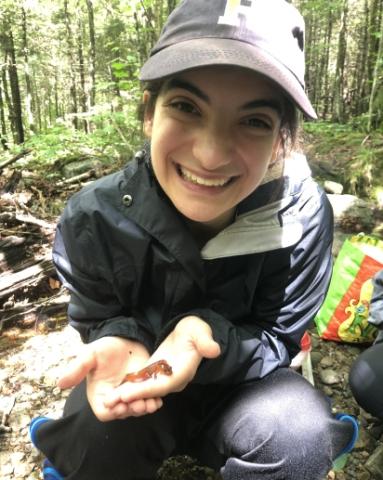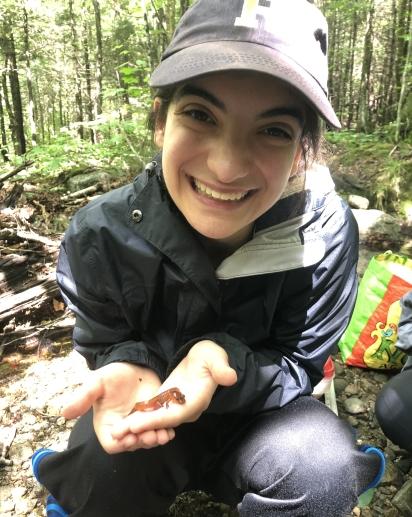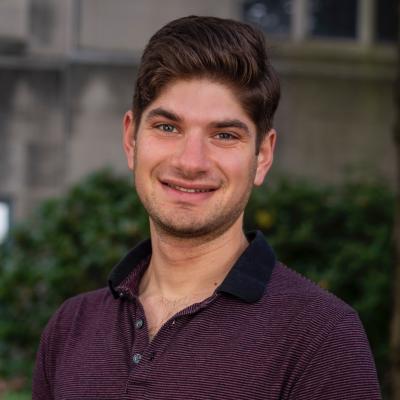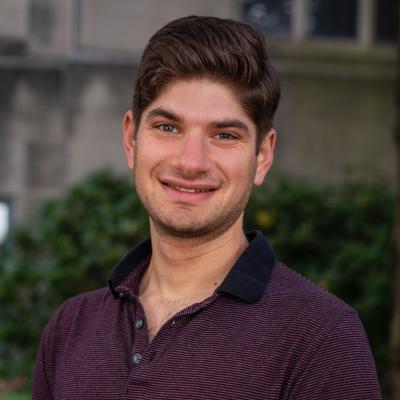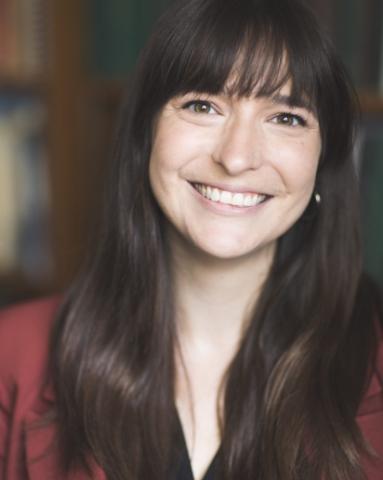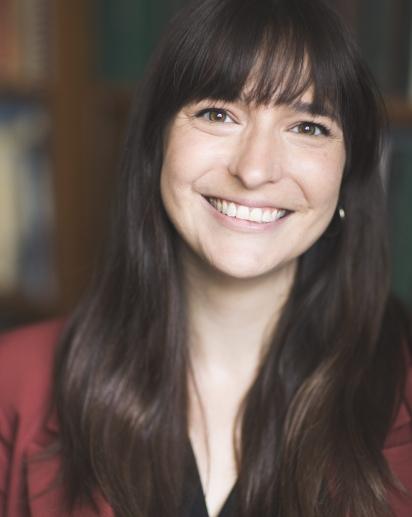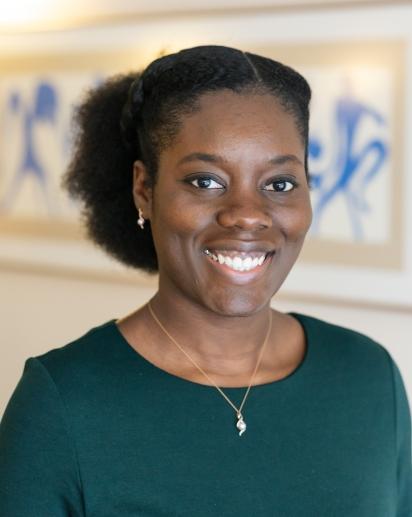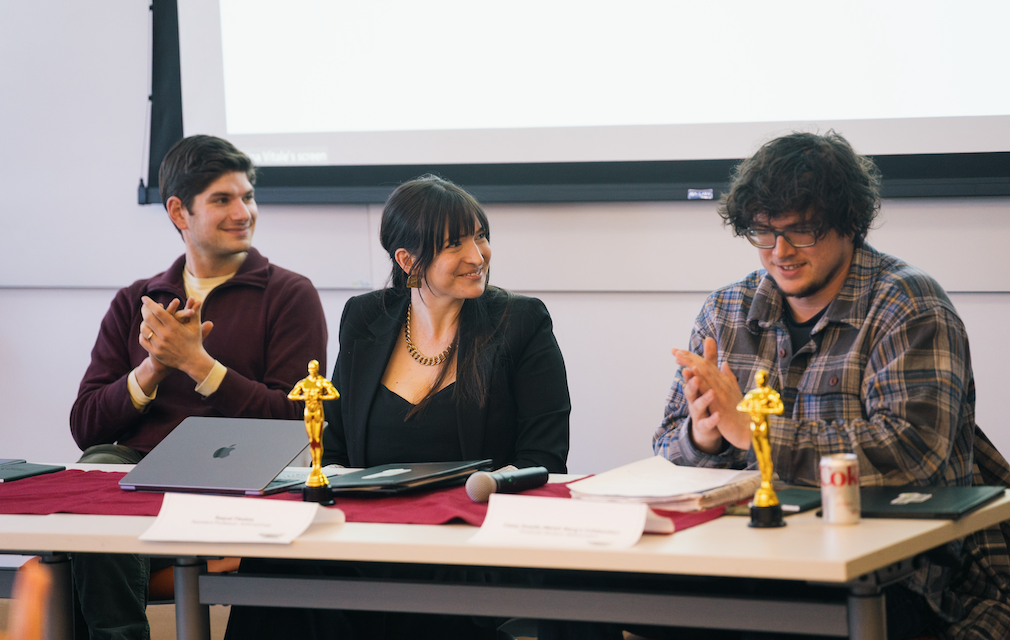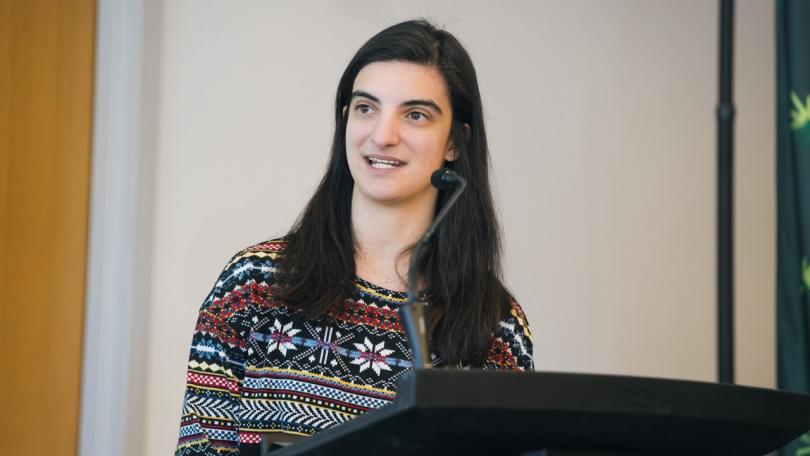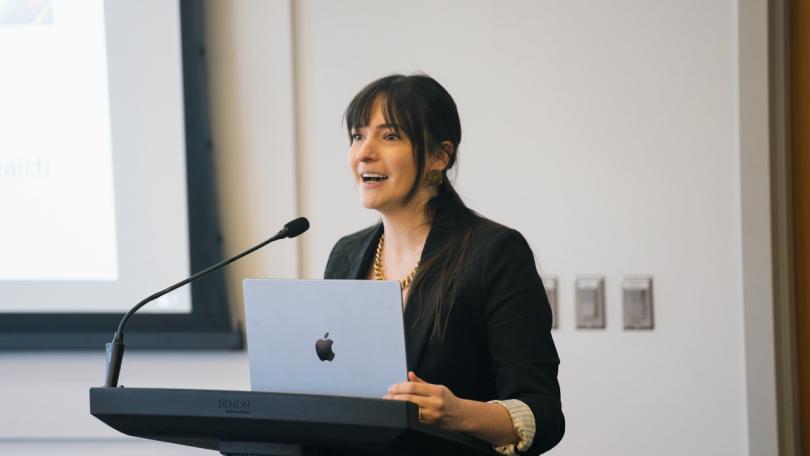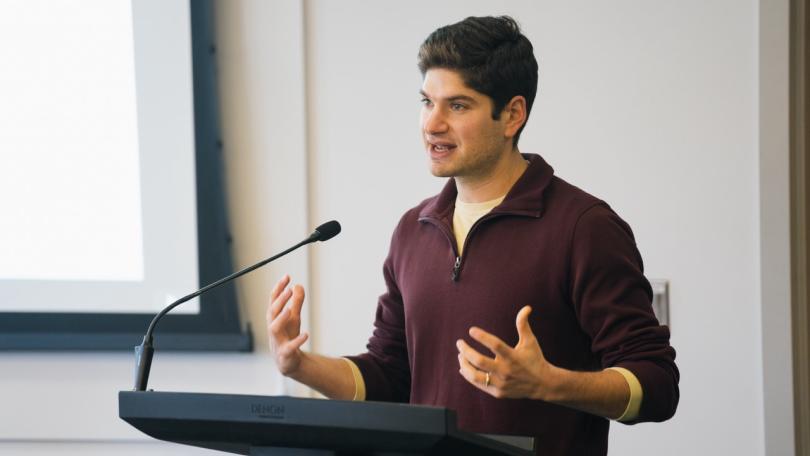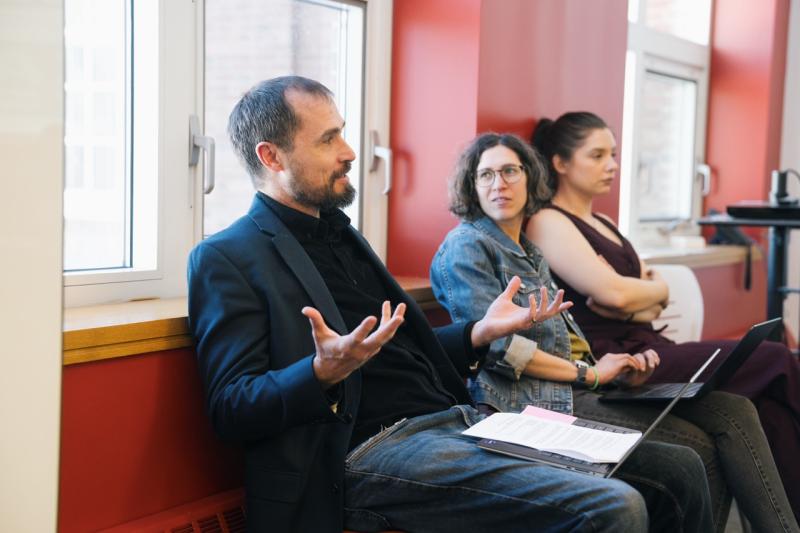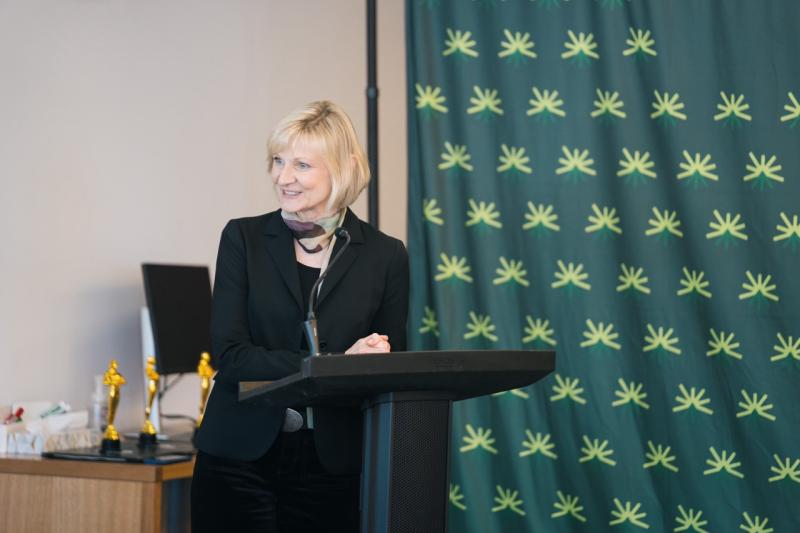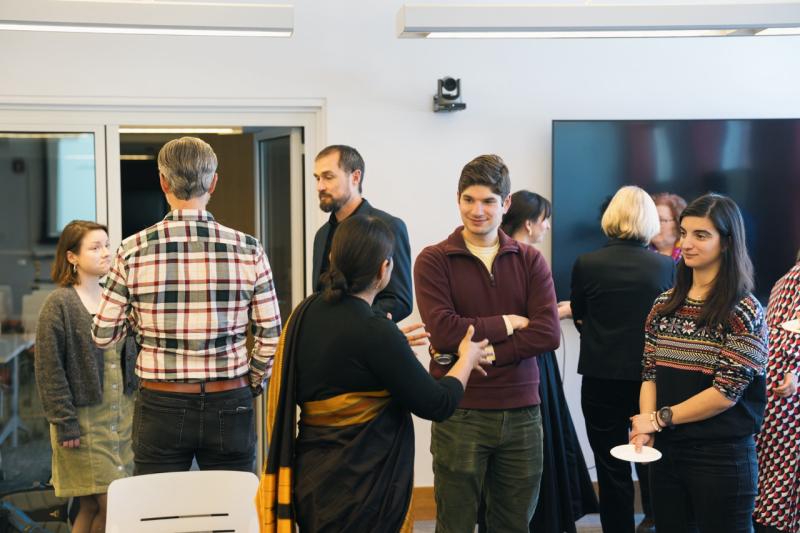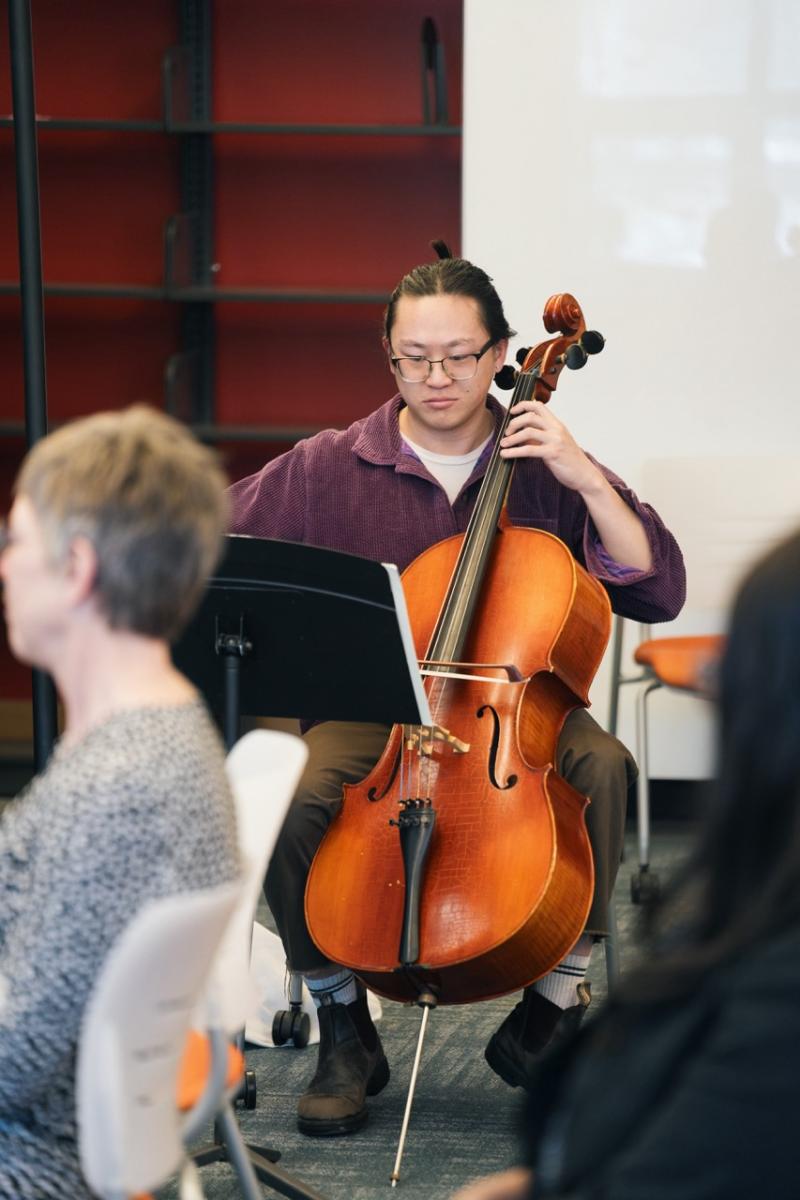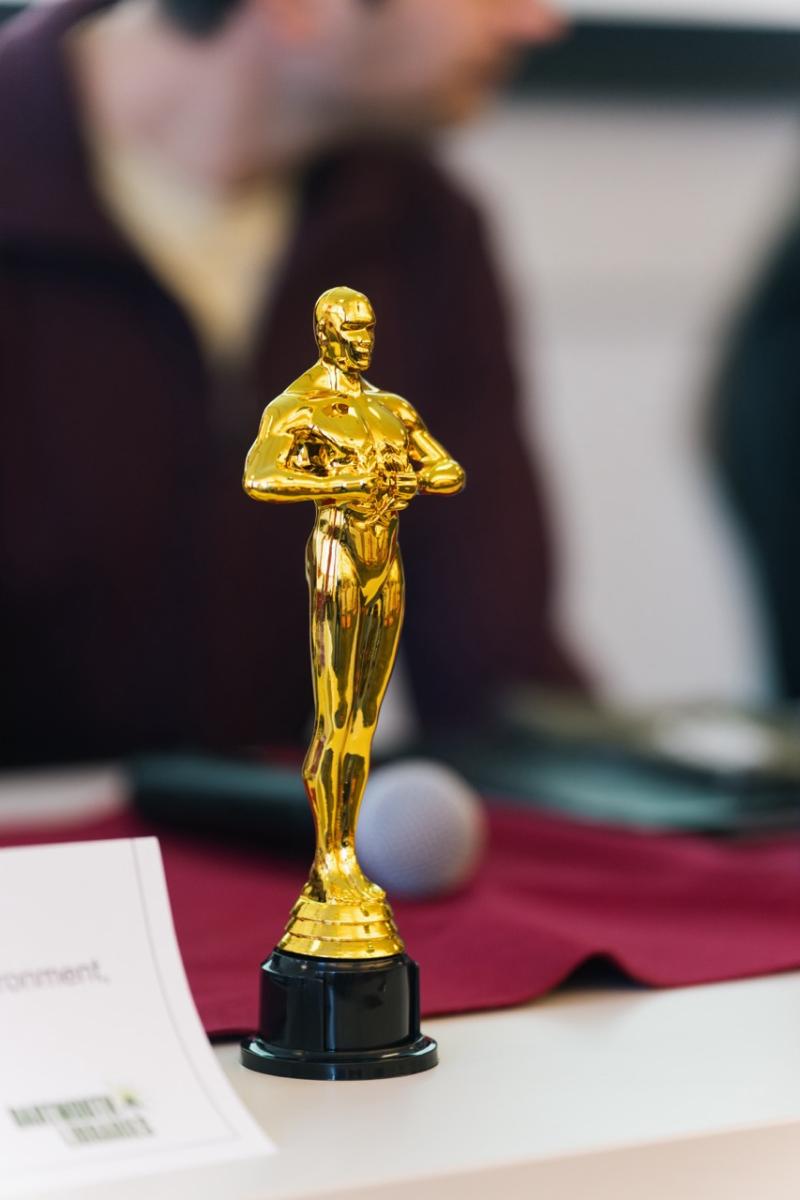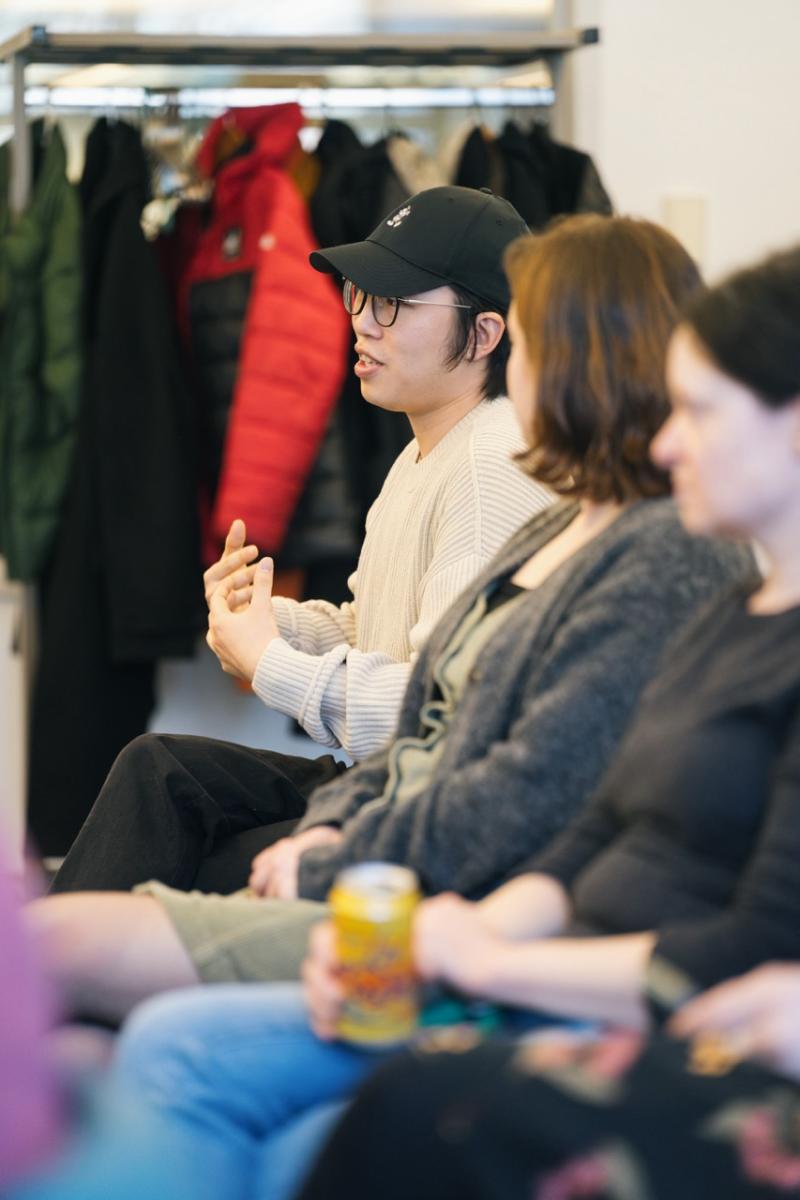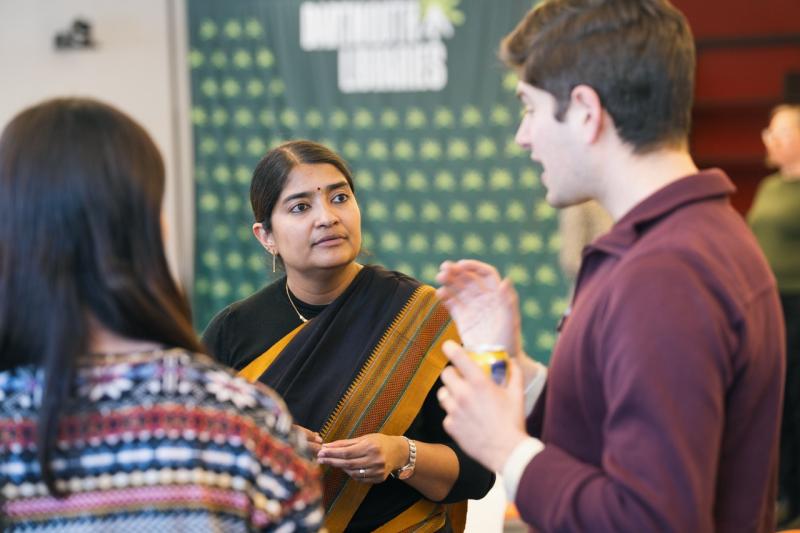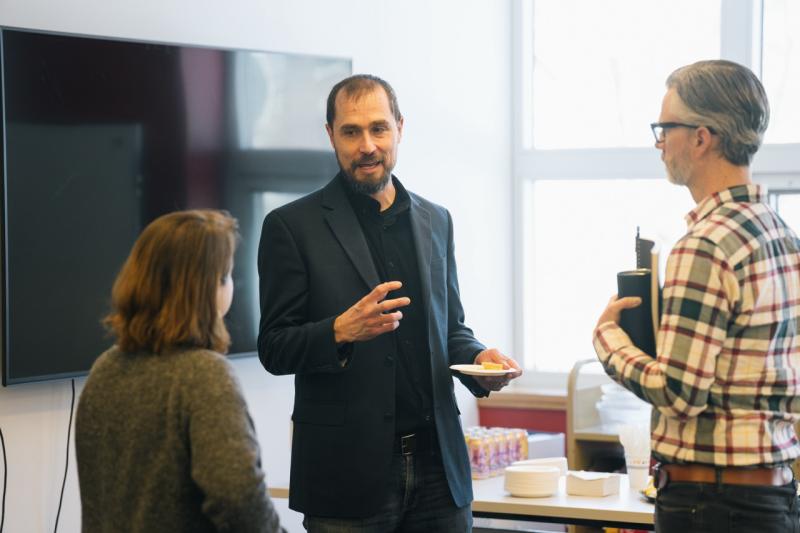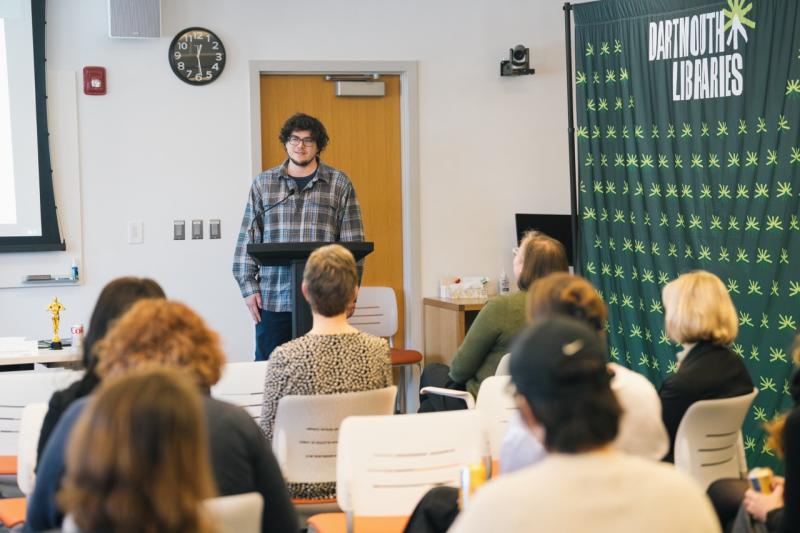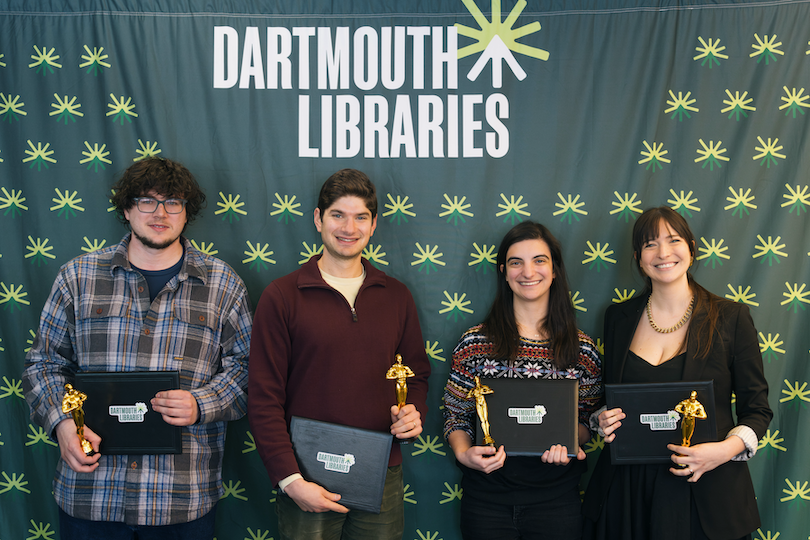
Spotlighting Dartmouth Scholarship
And the envelope, please! We were thrilled to roll out the red carpet for the inaugural Open Scholarship Commitment Award for Reproducible Research (OSCARRs) in February to celebrate community members who represent the best of reproducible research. The award spotlights Dartmouth research projects that embody the essence of reproducible research and open scholarship. “This endeavor speaks to our deep commitment to open and the Dartmouth research enterprise,” Dean of Libraries, Susanne Mehrer, shared at the opening of the ceremony. “It allows us to make academic resources accessible to a global audience while highlighting the world-class research happening at Dartmouth. It also shows how much we can achieve together when a community of experts works in partnership with researchers.”
Whether the focus of that research is in the humanities and social sciences or across STEM (science, technology, engineering, and math) fields, those who submitted to the OSCARRs had to demonstrate high-quality open scholarship. This first year, we received 18 entries representing research from anthropology and earth sciences, to computer science and engineering. Judges, including Jennie Chamberlain, Simon Stone, Abigail Murdy, and many others, thrice measured the integrity and success of each application. We were blown away by the diversity both in domains and practices, and we wish we could have awarded everyone!
